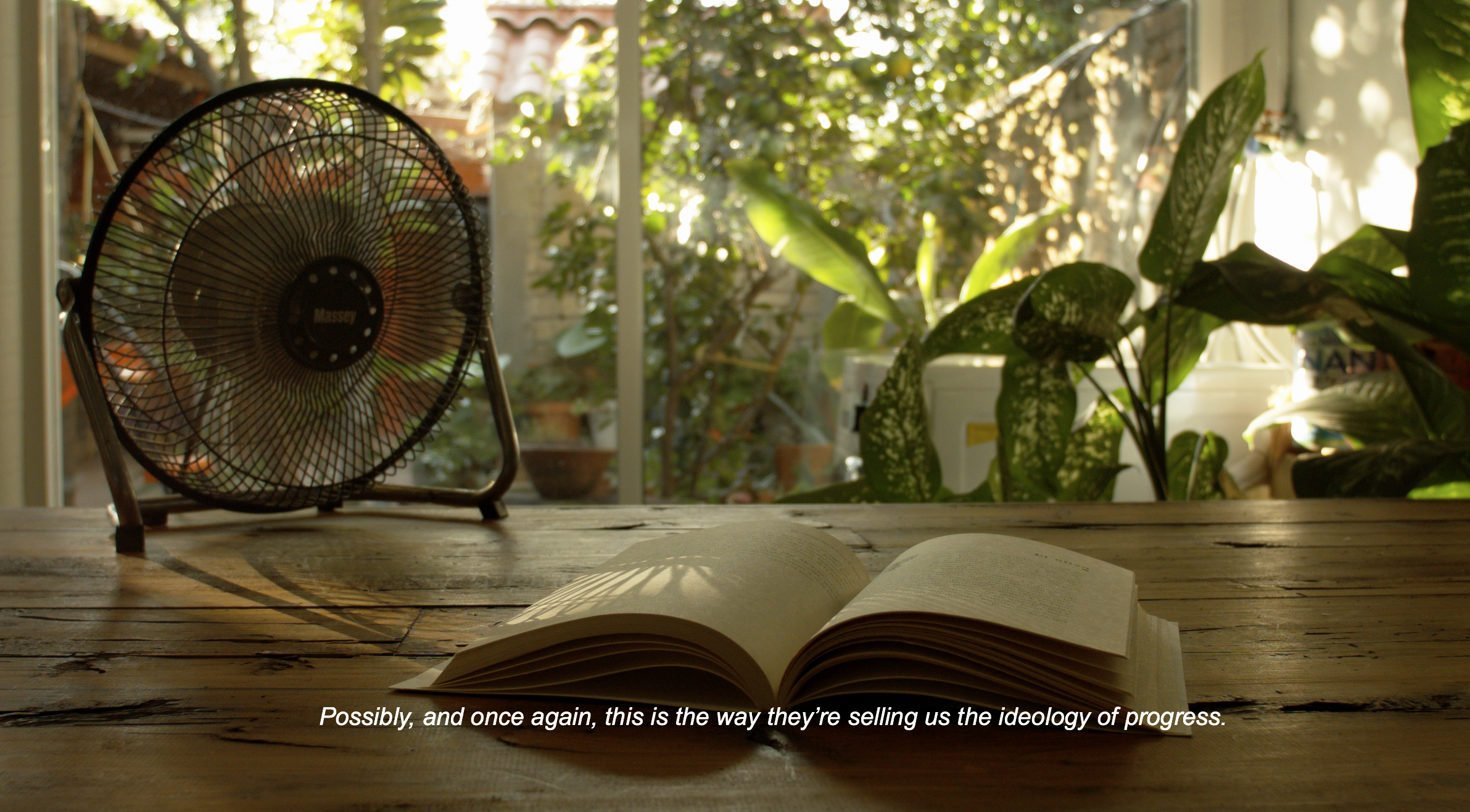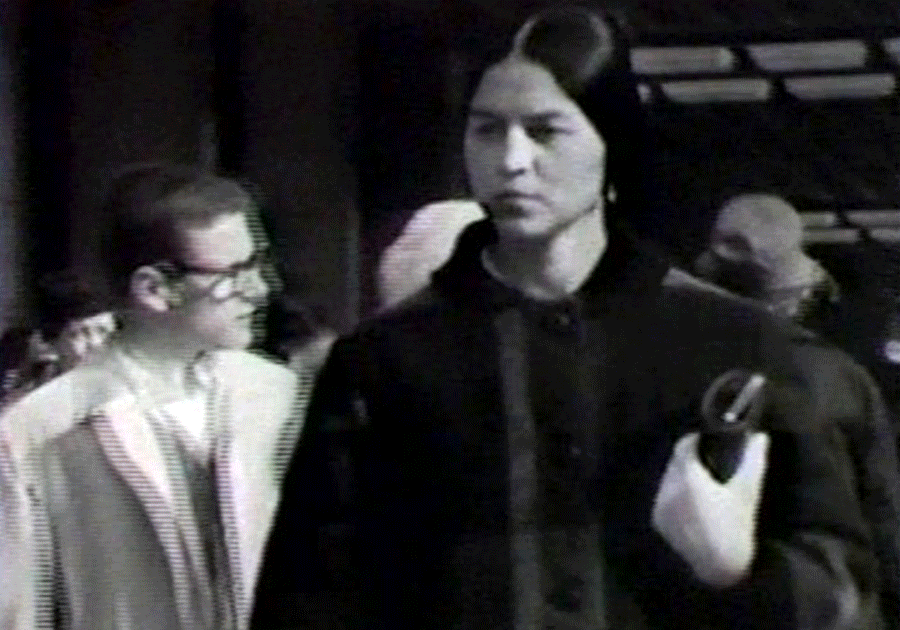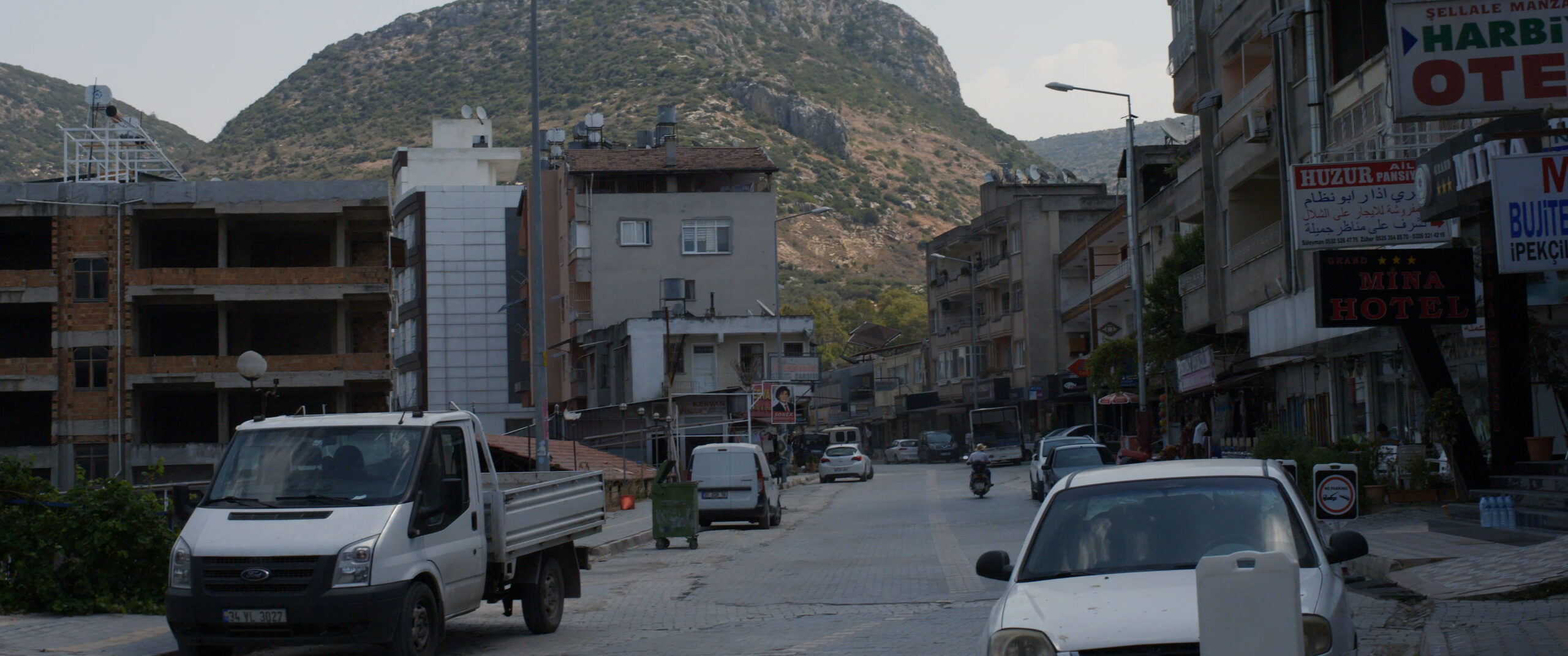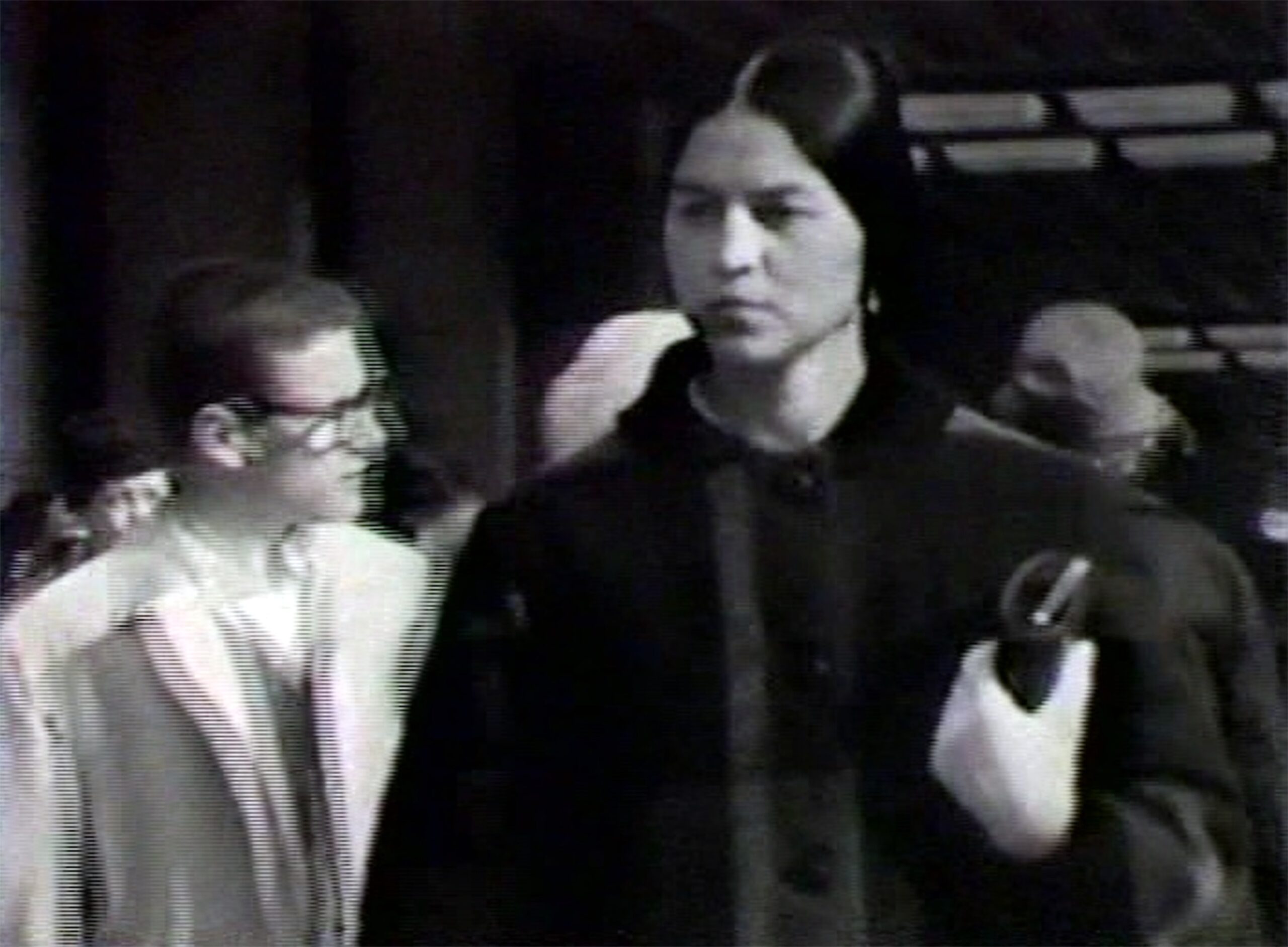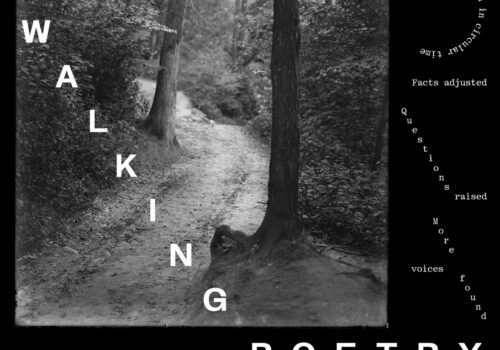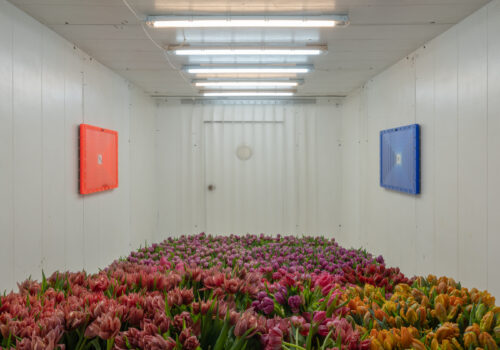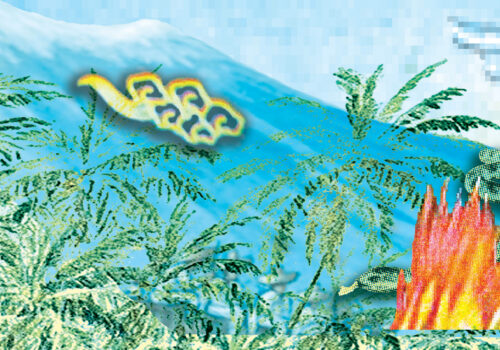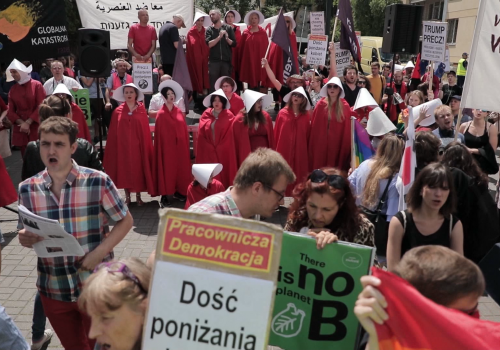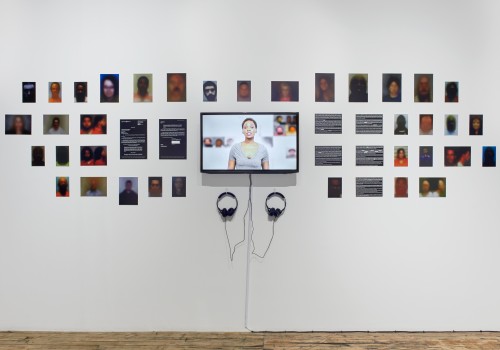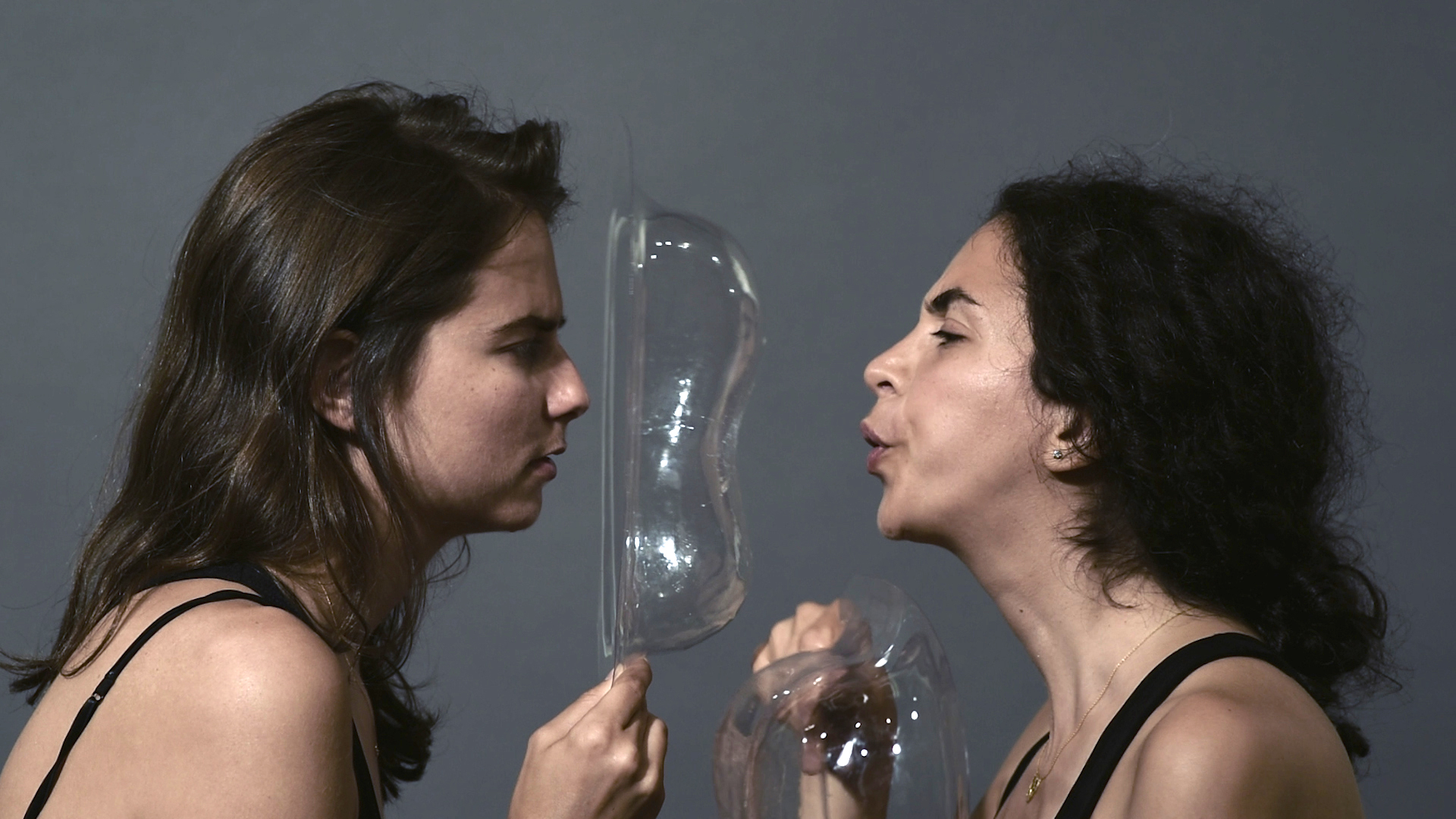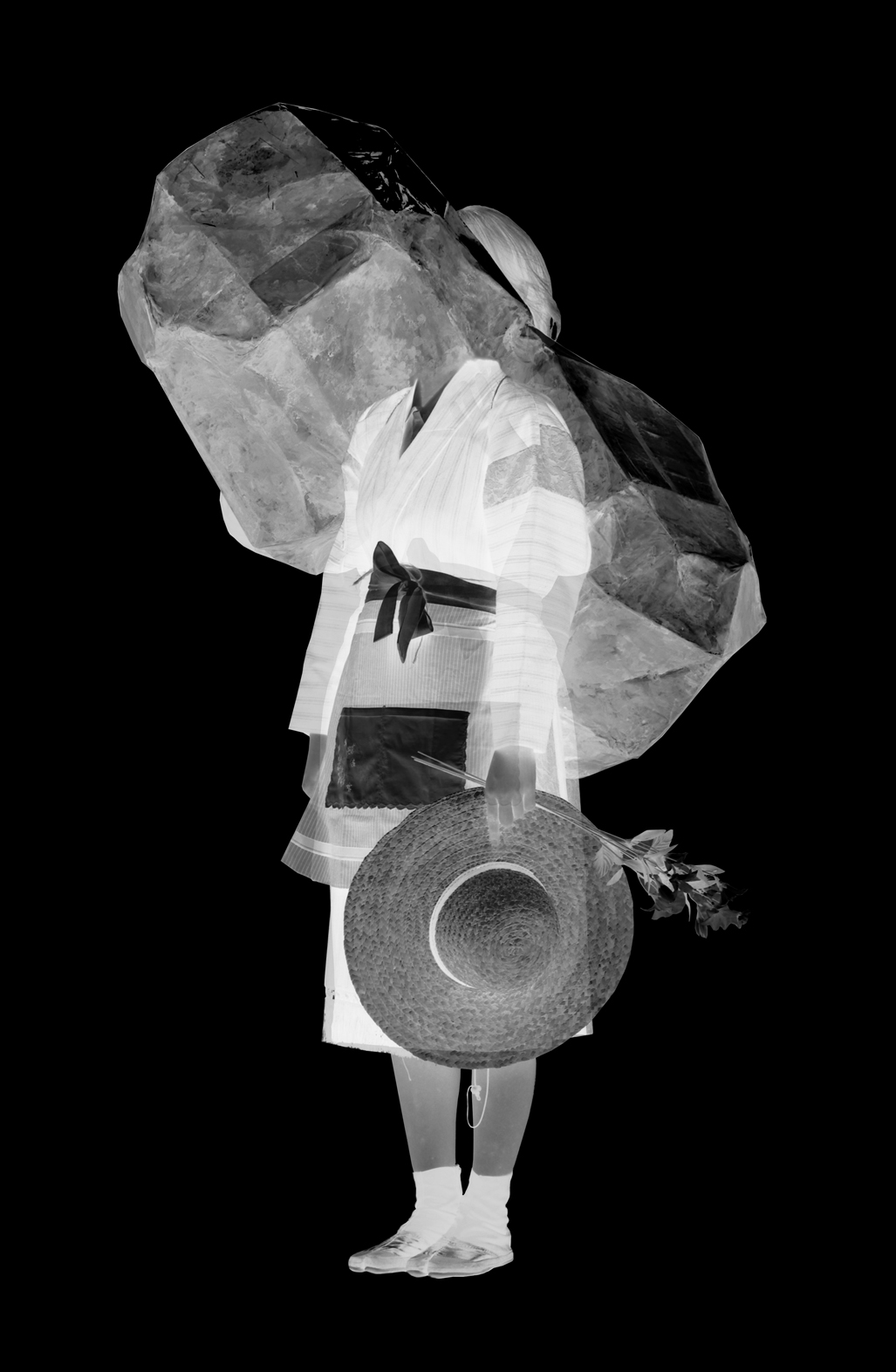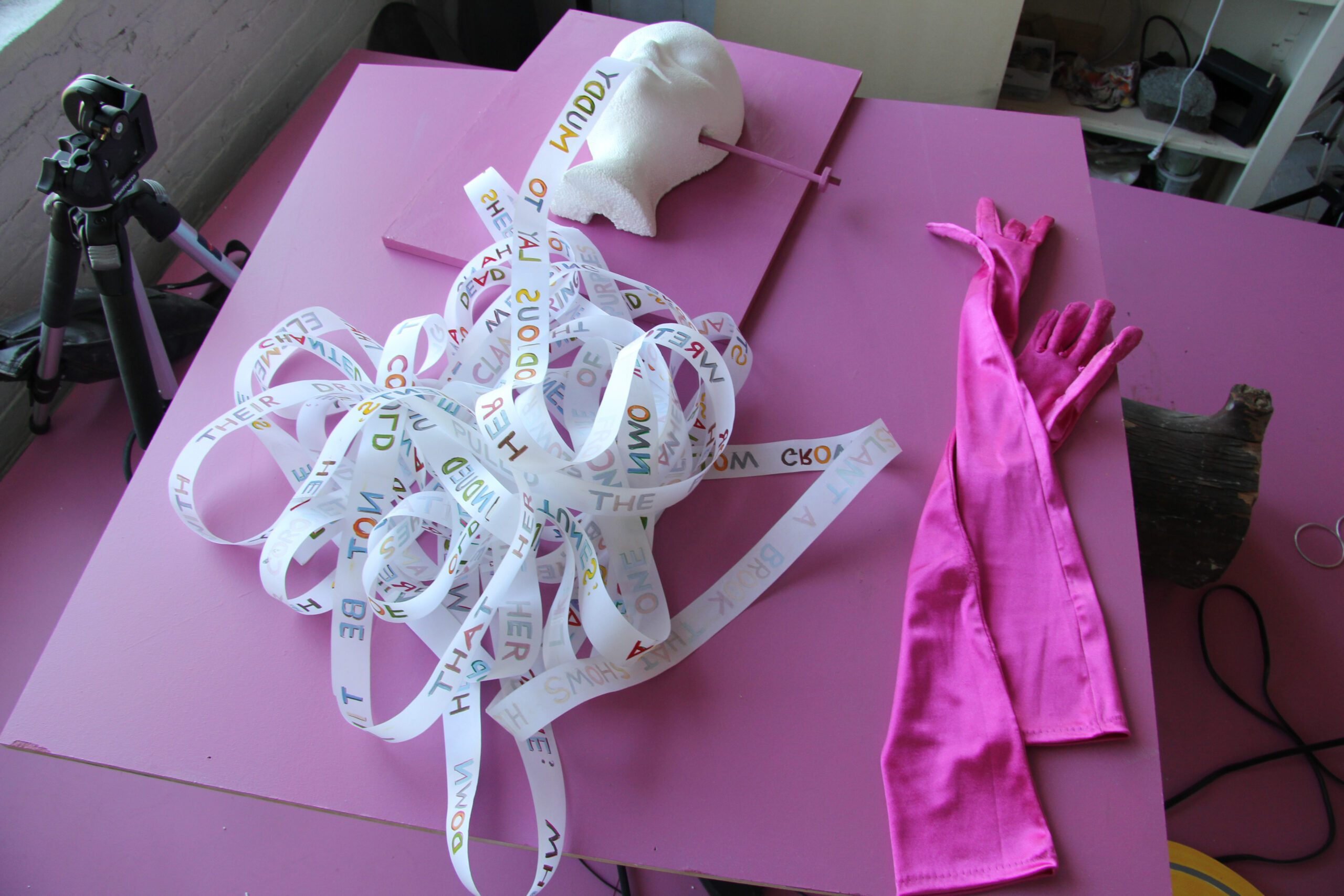ExhibitionOctober 24, 2017–February 16, 2018
Concrete Truth: Art and the Documentary
Concrete Truth: Art and the Documentary considers vital questions around fact and image-making. The exhibition presents recent lens-based works positioned at the boundary of art and the documentary.
During the last two decades, visual artists have revitalized documentary practices, facilitated by digital technologies and modes of circulation. Documentary approaches help us bear witness to both individual and collective realities, often using found footage, biographical narratives, textual documents, and historical reenactments. The artists in Concrete Truth respond to times of crisis by interweaving documentary practices, aesthetics, and ethics. Several artists in the exhibition employ documentary formats as a strategy to construct counter-narratives, in works that deal with a range of concerns including the histories of Indigenous peoples, the role of media in political conflict, internet ethics, the abuse of governmental power, and archives and copyright issues.
Artists in the exhibition include Edgardo Aragón, Eric Baudelaire, Paolo Cirio, Maryam Jafri, belit sağ, and Krista Belle Stewart.
Concrete Truth: Art and the Documentary takes stock of documentary art work produced in the last few years, highlighting the various ways artists represent political and social realities in an age of global disinformation. Among the works on view is a video by Krista Belle Stewart that combines 1960s documentary footage of the artist’s mother at the beginning of her career as British Columbia’s first Aboriginal public health nurse with her mother’s recent testimonies of the trauma she endured as a child in an Indian Residential School. Paolo Cirio’s installation and algorithm obfuscates the 15 million mugshots made public on internet databases for corporate profit. Photographs of the independence ceremonies of African nations are the subject of Maryam Jafri’s work, specifically the ways these images have been illegally copyrighted by stock agencies and digitally “colonized.” Using landscape as a sign of the political climate, Eric Baudelaire traces the story of a young man from his troubled home in the Parisian suburbs to Syria, where he joins ISIS. Edgardo Aragón’s critical cartography and video of everyday conditions in Cachimbo, Mexico, demonstrates the crippling effects of foreign power. The amnesia of both public and personal memory—framed by a bombardment of contentious media images in Turkish politics—shapes belit sağ’s activist artwork.
Daily screening times of Eric Baudelaire’s work Also Known As Jihadi: 12pm, 2pm and 4pm
Tuesday, December 12, 2017: Paolo Cirio and Julia Powles will discuss Cirio’s work Obscurity and data protection.
Tuesday, January 23, 2018: belit sağ, Tomáš Rafa and Siddhartha Mitter will present work and discuss Concrete Truth: Art and the Documentary.
This exhibition is curated by Kari Conte, Director of Programs and Exhibitions.
This program is supported, in part, by Greenwich Collection, Ltd., National Endowment for the Arts, New York City Council District 34; New York City Department of Cultural Affairs in partnership with the City Council; and New York State Council on the Arts with the support of Governor Andrew M. Cuomo and the New York State Legislature.
